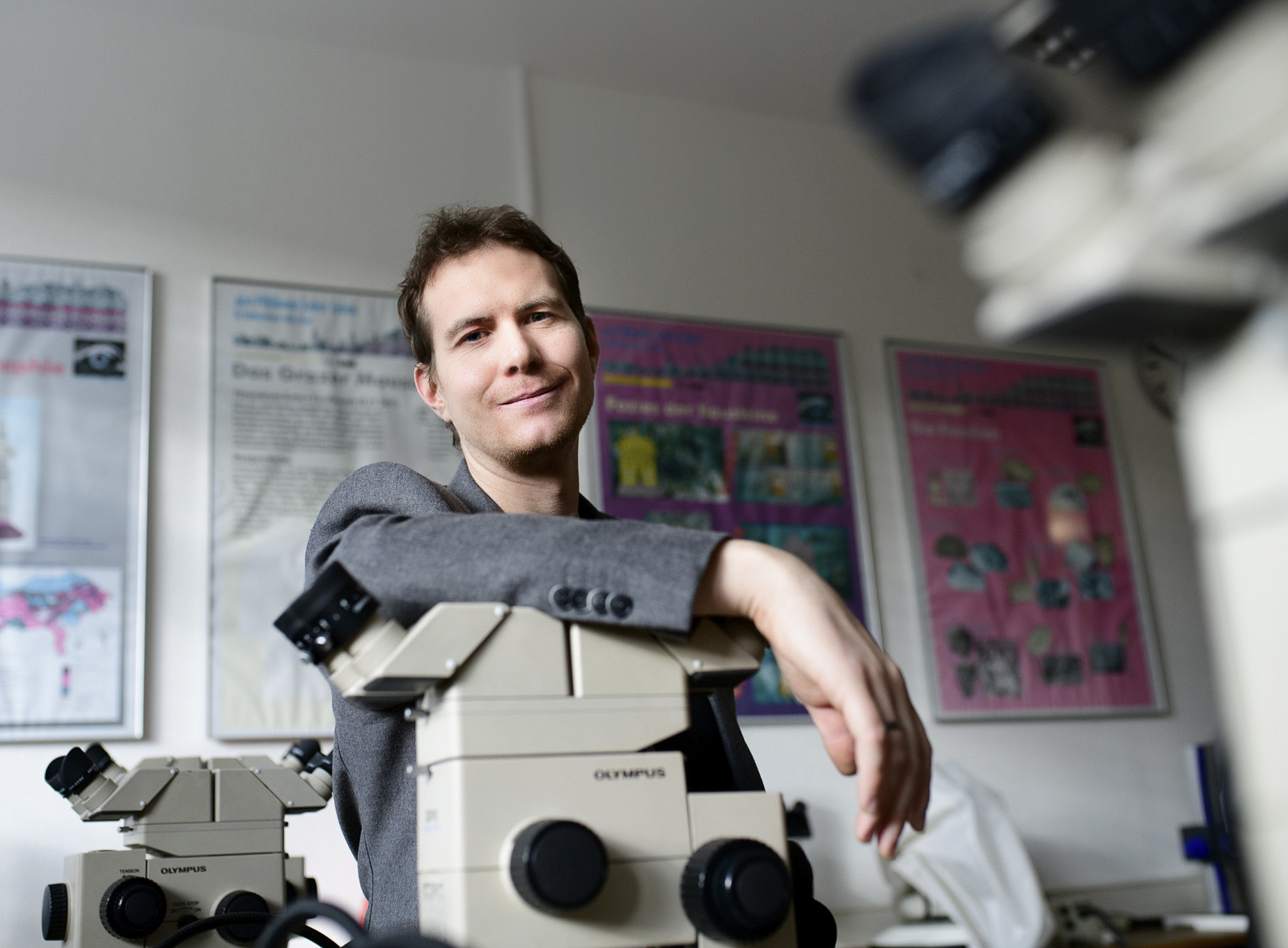"A rise in water temperature slows down the circulation in the oceans," explains Gerald Auer, earth scientist at the University of Graz. The melting of sea ice is likely to greatly accelerate this process and would also have consequences for plankton and the entire food chain. "We have found clear indications of this in our research work," explains Auer. He is co-leader of the international project "Tracing Intermediate Water Current Changes and Sea Ice Expansion in the Indian Ocean", which is investigating how climate change has affected ocean currents. "Climate change also influences the transport of nutrients and thus the living conditions in the water," the scientist adds.
As part of a pilot project of the International Ocean Discovery Programme at the Kochi Core Center in Japan, the team has access to unique scientific drill cores of million-year-old sediments from the Indian Ocean. "This allows us to recognise the consequences of climate change and find direct analogies for future scenarios. This is a valuable contribution to understanding the effects of climate change on the nutrient cycle of our oceans," reports Auer.
The researchers suspect a collapse in the food supply near the equator. They have just published what this could mean in a study in Climate of the Past: warmer climate conditions, as predicted for the coming centuries, reduced the nutrients in the ocean twelve million years ago. As a result, there was much less and very different plankton in the Arabian Sea than there is today. The marine food chain was only able to develop in its current form due to the glaciation of the Antarctic.
The research work of the Austrian team in Japan - the University of Vienna was also involved alongside Graz - was financially supported by the Austrian Academy of Sciences, the Austrian Science Fund FWF and an initiative of the European Consortium for Ocean Drilling. The research was carried out in collaboration with the Atmosphere and Ocean Research Institute of the University of Tokyo, the University of Kochi and the Japan Agency for Marine Earth Sciences and Technology.
